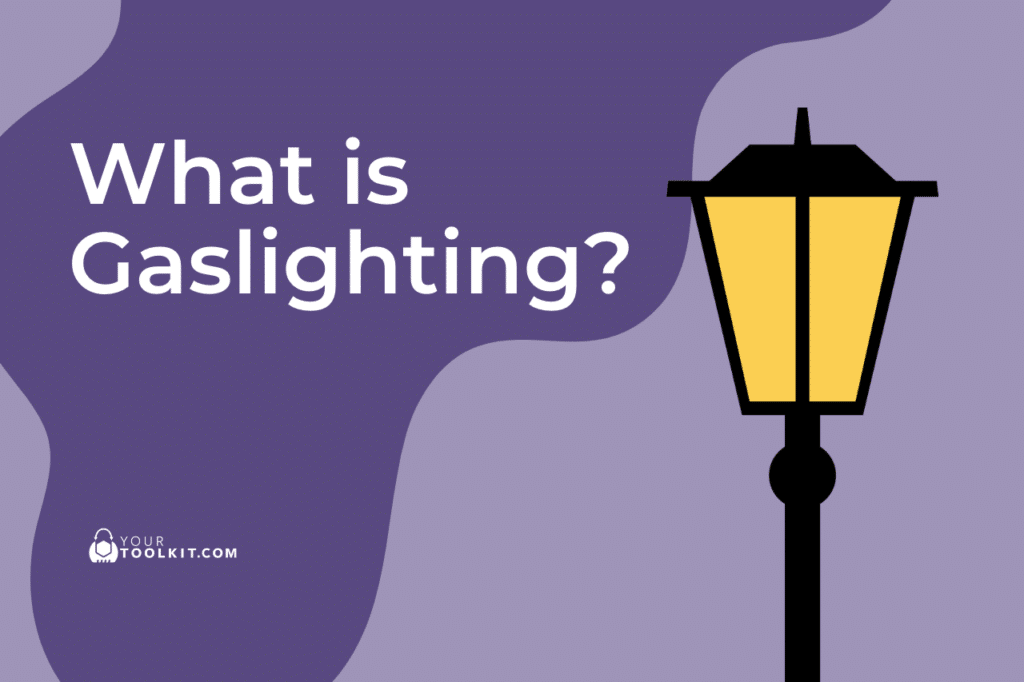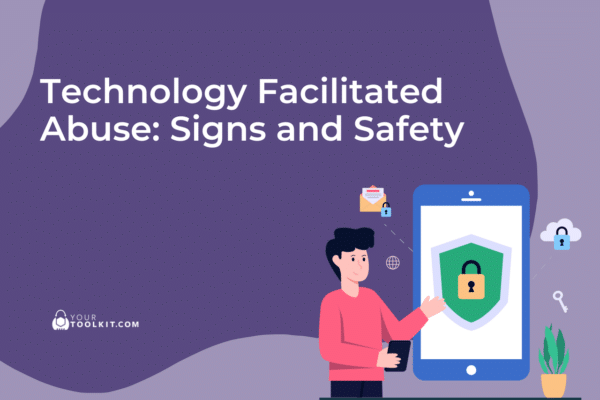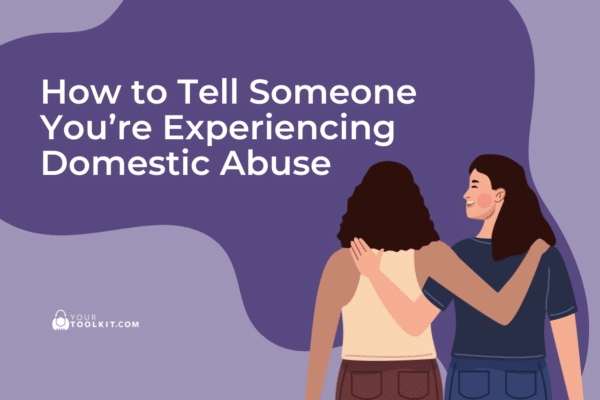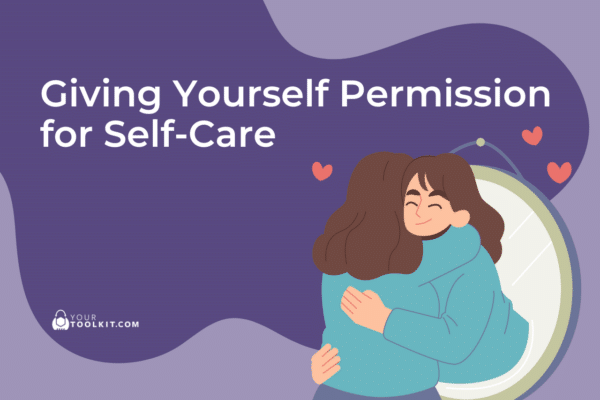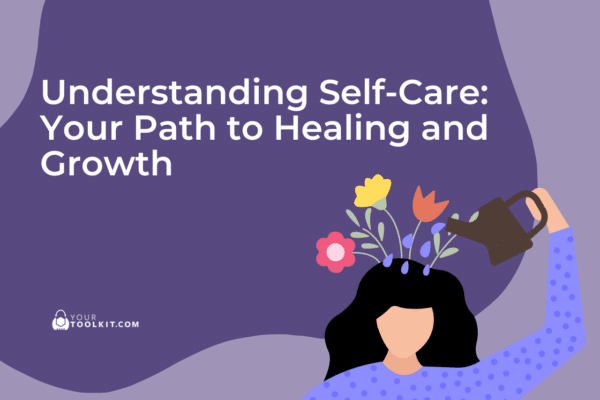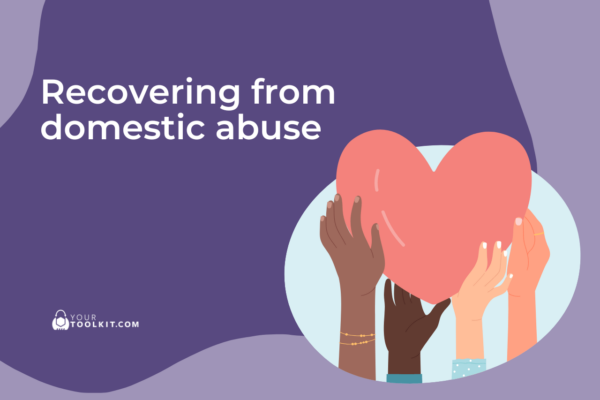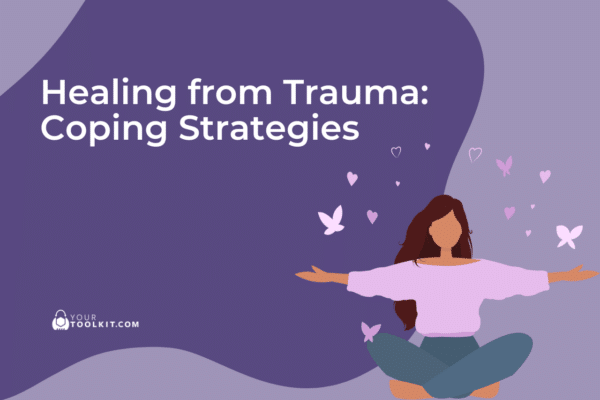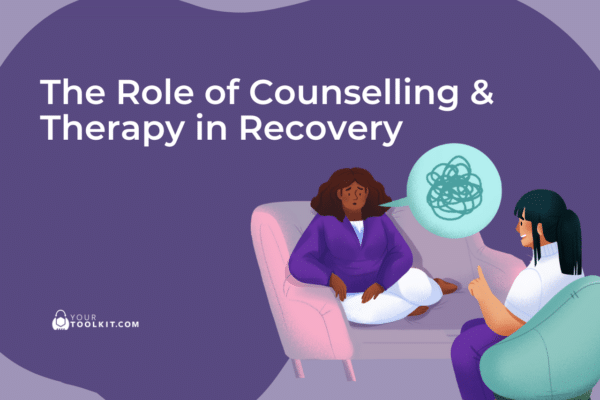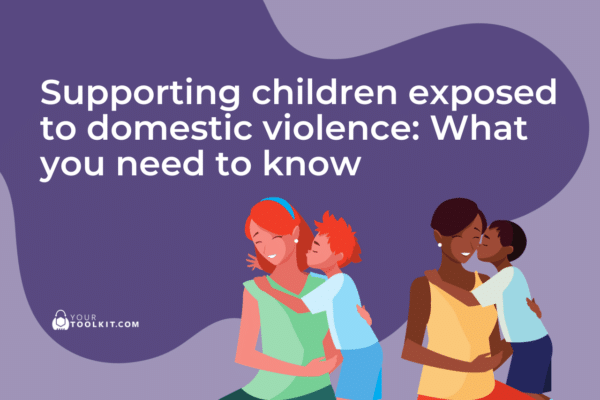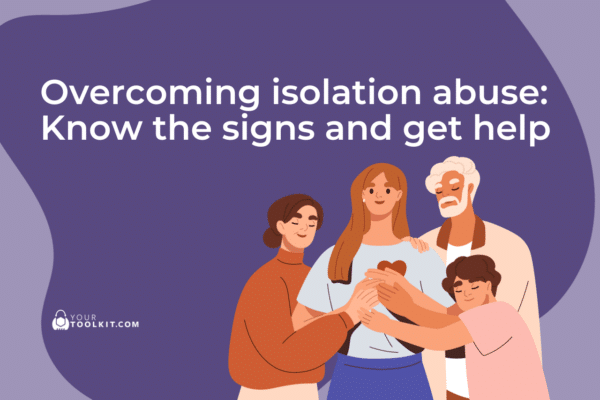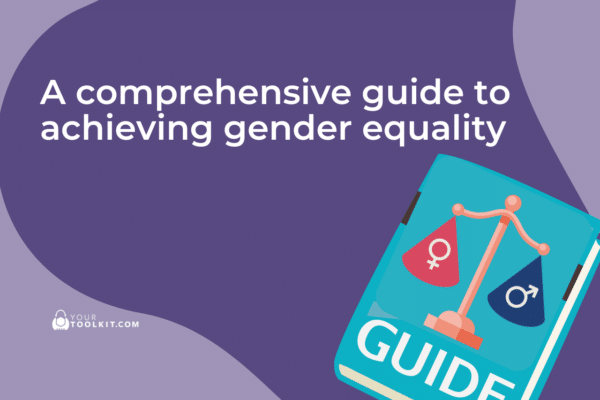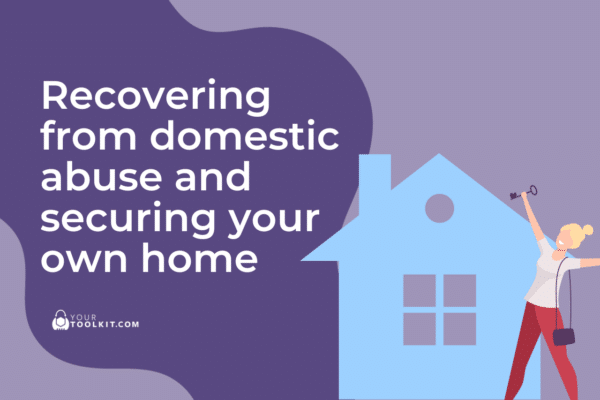You might have heard of the term “gaslighting” before, but what does it actually mean?
Gaslighting is a form of psychological manipulation that’s used to make a person doubt their own reality and perception of events. The term “gaslighting” comes from the 1944 film “Gaslight”, in which a husband manipulates his wife into believing she’s going insane by dimming the gas lights in their home and then denying that the lights are flickering.
Gaslighting can happen in any type of relationship, whether it’s romantic, family, or even in the workplace. The goal of the gaslighter is to make the victim doubt their own memory, judgement, and sanity, which can have serious consequences for their mental health.
How can you tell if someone is gaslighting you?
Here are some common signs that you may be experiencing gaslighting:
- Constantly second-guessing yourself: Gaslighting can cause you to doubt your own judgment and perception of reality. You may find yourself constantly questioning your own memory, feelings, and opinions.
- Feeling confused and disoriented: Gaslighting can be very disorienting and can make you feel like you’re losing your grip on reality. You may feel confused, forgetful, or unable to concentrate.
- Feeling like you’re going crazy: Gaslighting can make you feel like you’re losing your mind. You may start to doubt your own sanity and wonder if you’re going crazy.
- Being blamed for things that aren’t your fault: Gaslighters often blame their victims for things that aren’t their fault in order to make them feel guilty or responsible for things they didn’t do.
- Being told that your feelings are wrong: Gaslighters may try to convince you that your feelings are wrong or that you’re overreacting to things. They may try to make you feel guilty for having emotions or for expressing them.
- Being told that you’re too sensitive: Gaslighters may try to invalidate your feelings by telling you that you’re too sensitive or that you’re overreacting to things.
- Being isolated from friends and family: Gaslighters may try to isolate you from your support network by discouraging you from spending time with friends and family or by making you feel like no one else understands you.
What are some examples of gaslighting?
- A partner who denies that they said or did something, even though you clearly remember it happening.
- A boss who blames you for something that wasn’t your fault, and then denies that they ever said it was your responsibility.
- A parent who tells you that you’re being too sensitive or that you’re overreacting to their behaviour.
- A friend who tries to convince you that your other friends don’t like you or are talking about you behind your back.
Gaslighting can be very isolating. It’s important to seek support from friends, family, or a therapist who can help you process your experiences and provide validation.
Yourtoolkit.com aims to provide you and your family with support and help on the path to a more independent, confident and safe life.
Visit Yourtoolkit.com for a free, step-by-step guide on personal safety, support services and money matters for people facing family and domestic violence.
